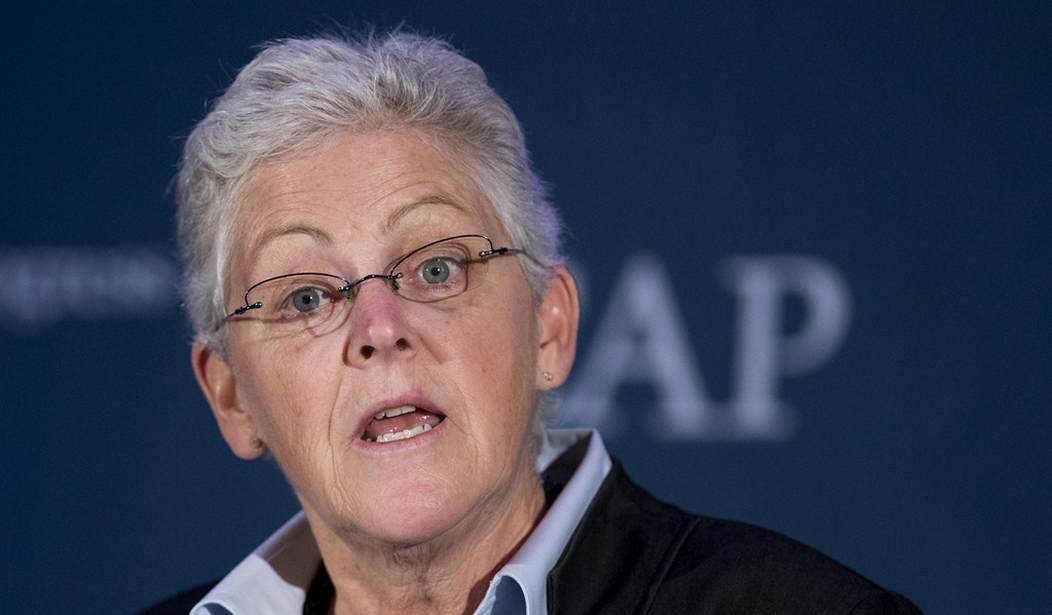The White House’s Clean Water Act requires property owners to surrender possession of land that falls under its jurisdiction. The law, which has frustrated landowners for 40 years, was expanded last year when the Obama administration issued new rules for which bodies of water can be claimed as government property.
Hawkes Co., Inc. was one of the businesses affected by the White House’s environmental guidelines. The company, which provides peat for golf courses, was prevented from using property in Marshall County, Minnesota, because it had been deemed federally controlled wetlands by the United States Corps of Engineers. The Supreme Court took up the case last December.
On Tuesday, the justices ruled in Hawkes’ favor, declaring that landowners have the right to seek judicial review – and it was unanimous.
The court’s eight justices agreed in Army Corps of Engineers v. Hawkes Co. Inc. that the Corps’ final “jurisdictional determination” regarding a peat mining company’s wetlands is a “final agency action,” and the company can challenge it like any regulation.
Pacific Legal Foundation, which had represented the company in court, said the victory proved landowners were no longer at the “mercy” of the government.
“Everyone who values property rights and access to justice should welcome this historic victory,” PLF Principal Attorney M. Reed Hopper said in a statement.
























Join the conversation as a VIP Member